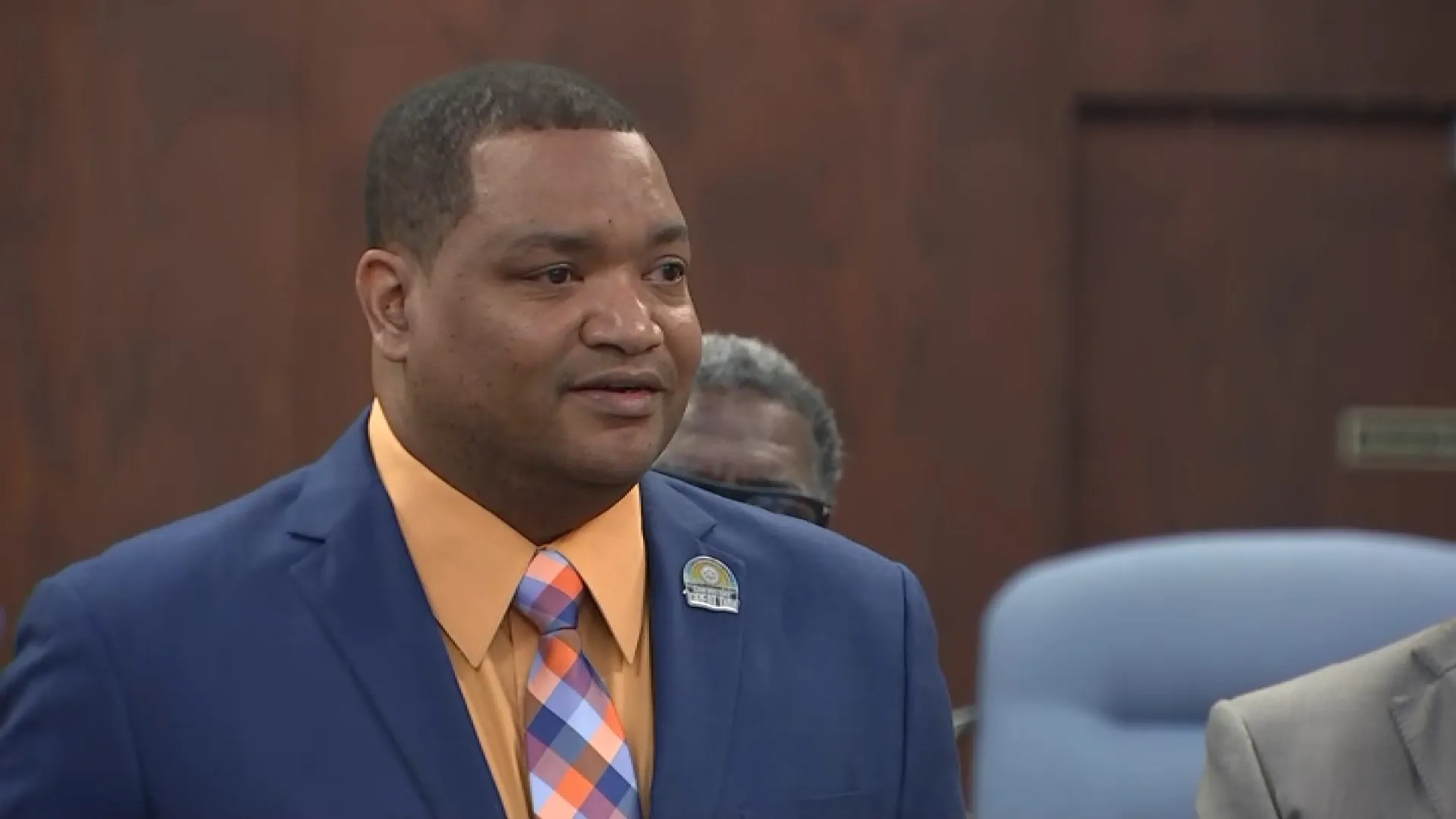Lee la historia en español aquí.
Maria Quiñones-Sánchez, the lone Latina voice in the Philadelphia City Council, has revealed she is battling breast cancer.
Quiñones Sánchez, a Democrat representing the 7th District, revealed Saturday in a Philadelphia Inquirer op-ed that she was diagnosed with the disease this summer.
“I am waging my own fight against breast cancer, one that began this summer after I had my first mammogram in seven years,” Quiñones-Sánchez wrote.
Get Philly local news, weather forecasts, sports and entertainment stories to your inbox. Sign up for NBC Philadelphia newsletters.
Despite knowing she had a lump in her left breast, the councilwoman said she had put off cancer screenings first because of “work and life,” and then because “COVID-19 gave me another excuse not to go to the doctor.”
Quiñones-Sánchez said she had a mastectomy in August of this year in hopes of avoiding chemotherapy and radiation, but despite the removal of her left breast, doctors told her she needed the treatments to prevent future illness.
“Three days after I had my breast removed, I joined a Zoom meeting with my staff, never missing a beat in my duties as a City Councilmember,” she wrote.
Local
Breaking news and the stories that matter to your neighborhood.
Quiñones-Sánchez said that although she is currently cancer-free, she is receiving chemotherapy at Penn Medicine and expects to begin preventative radiation in a few weeks.
Originally, the councilwoman said, she planned to stay silent about her diagnosis until completing her treatment in December, but she was inspired to speak out after thinking about women close to her who lost their battle to breast cancer, as well as seeing women share their own breast cancer stories during Breast Cancer Awareness Month.
Quiñones-Sánchez said she is especially concerned about Black women and Latinas. Black women are almost 40% more likely than white women to die from the disease, while breast cancer is the most common form of cancer diagnosed among U.S. Latinas.
“Get a mammogram regularly. Because of my own experience, I’ve learned that regular screening is absolutely vital to detecting and treating this disease,” Quiñones-Sánchez wrote.
The councilwoman added that doctors have told her “this entire experience may be in the rearview mirror” by February of next year.



